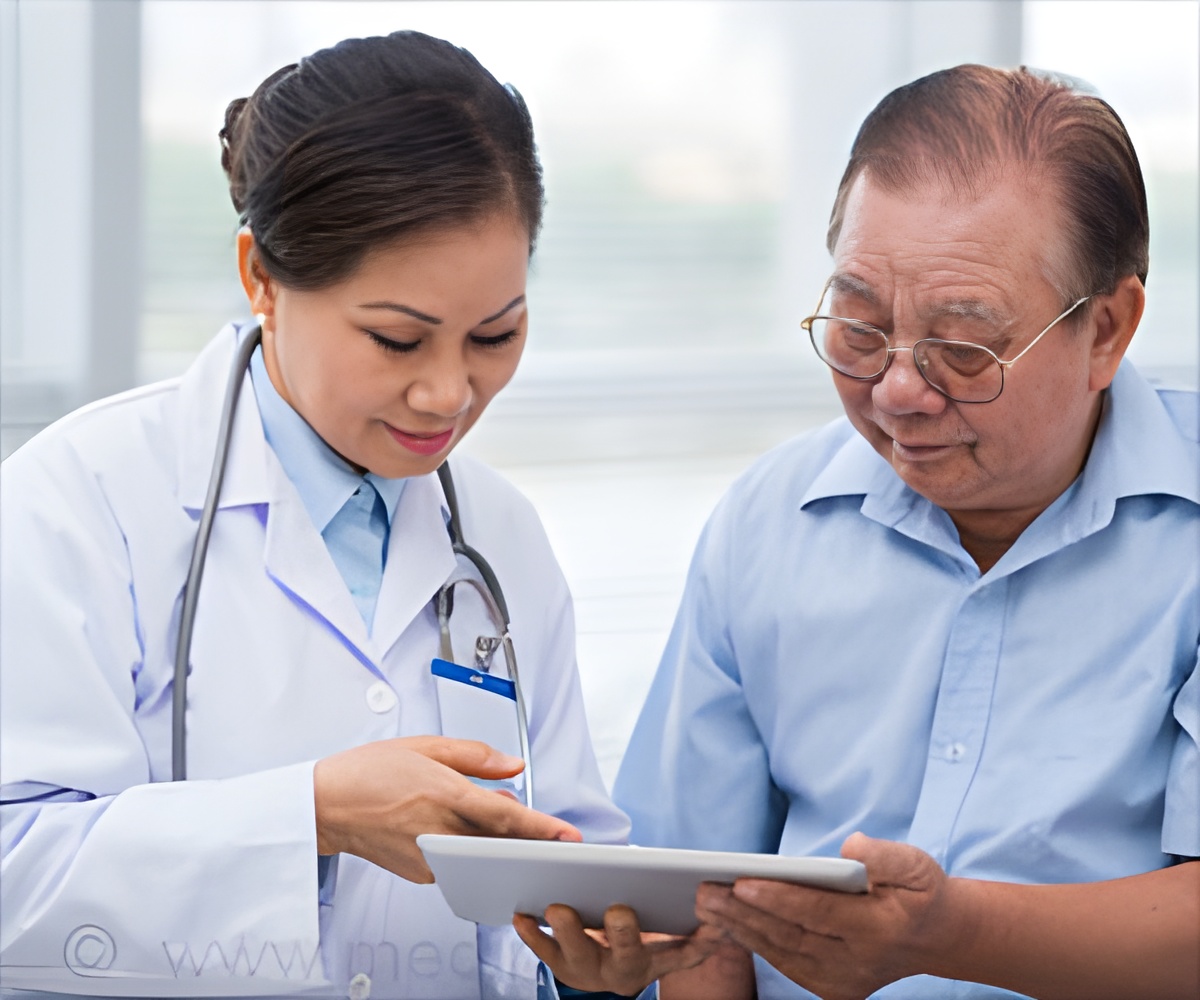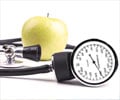Low awareness and knowledge of diabetes and hypertension are a major public health issue among the Chinese elderly, reveals a new study.

‘Low awareness of diabetes and hypertension remains a significant public health issue among the Chinese elderly. However, monitoring of disease awareness over time and providing adequate information and feedback of screening results could improve disease recognition and facilitate optimal management.’





Until now, there was little information on how individuals with hypertension or diabetes in China first became aware of their conditions and what factors may have contributed to changes in awareness over time."It does not seem that the screening activities implemented by a national health survey improved awareness and management of these conditions. The persistent limited awareness of diabetes and hypertension remains a major public health concern," said L.H. Lumey, MD, professor of Epidemiology.
Using data from the China Health and Retirement Longitudinal Study (CHARLS), researchers measured the impact of a screening program for people aged 45?years and older between 2011 and 2015. After 2011, study participants were re-interviewed every two years to monitor any changes over time in their health, economic, or social conditions. Physical examinations were repeated in 2013 and 2015, and participants were asked again if they had ever been diagnosed with hypertension or diabetes. Over 80 percent of participants interviewed in 2011 continued to participate in 2015.
Of the more than 11,000 people screened in 2011, 49 percent were identified with hypertension and 18 percent with diabetes by medical examinations. Over 80 percent of the middle-aged and elderly Chinese diagnosed with hypertension and/or diabetes in 2011 reported in 2015 that they were unaware of having the disease(s). Aware hypertension patients were more likely to be older women, live in urban areas, and have higher BMIs.
Hypertension was defined as diastolic blood pressure of 90 mmHg or higher; a systolic blood pressure of 140?mmHg or higher; or both; or as currently using an anti-hypertensive medication. Diabetes was defined as a fasting plasma glucose level of 126?mg/dL or higher; an HbA1c concentration of 6.5 mg/dL or higher; or a self-report of doctor diagnosed diabetes.
Advertisement
Several reasons could explain the limited increase in reported disease awareness in 2015, according to the researchers. Some participants may not have received the physical examination and blood test results from the 2011 survey; they may have not understood the results; or, they may have forgotten the results. "They also may have been unwilling to recognize that they had been diagnosed with diabetes or hypertension or failed to take appropriate measures for disease management," said Lumey. "This will need further study."
Advertisement
"Perhaps individuals were expected to take actions by themselves after receiving the screening results," said Lumey. "But our findings show it is important that increased efforts are made to make sure that participants understand the medical examination results and are motivated to access the appropriate health services where needed. Providing systematic feedback of screening results to survey participants and the monitoring of disease awareness over time will be essential to improve disease recognition and facilitate optimal management."
Source-Eurekalert













